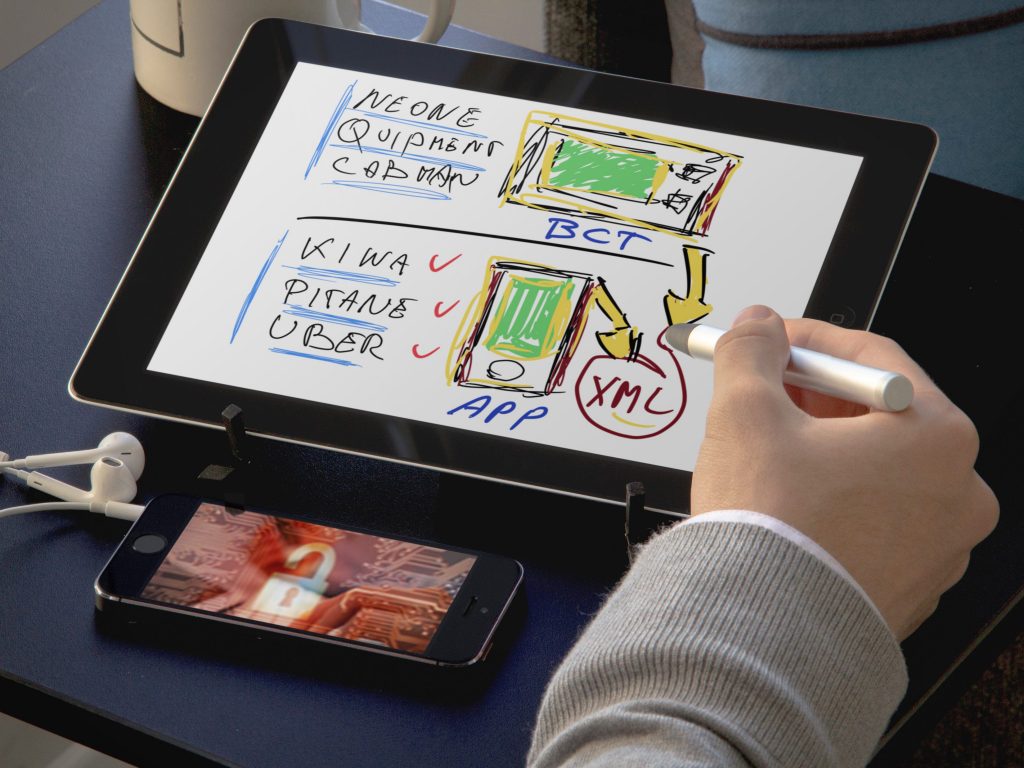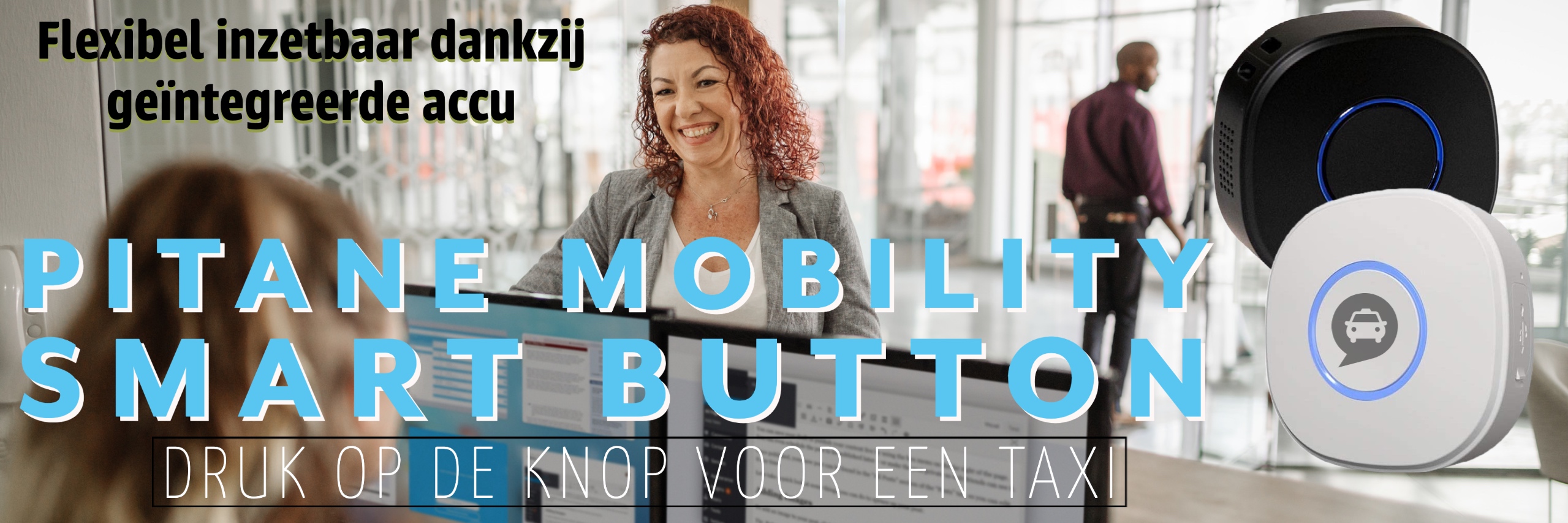Suppliers and trade association were thanked by email for services rendered.
Today the plug was pulled from the Realization Variant BCT consultation body for all future consultations. The Human Environment and Transport Inspectorate (ILT) is of the opinion that the program is in a phase with an increasingly clear direction of ICT developments and is therefore discontinuing panel IV and ICT.
next phase
Earlier this week it was announced that a webinar would be organized on June 6, 2023 from the Program Realization Variant BCT. The first two webinars regarding driver and vehicle identification, and the conditions for connecting and interface specification have already taken place and are being done in the meantime published. The Realization Variant BCT (RVB) program will also be 2e hold an information meeting on 26 June 2023. Sharing the interface specification is on the agenda. In addition, ILT discusses the connection conditions and provides an update on the progress of the legislative and regulatory process.
thanks for the effort
The consultative body was informed by email and many thanks for their efforts, for providing insights into various matters and for the good discussions they were able to have on a number of our themes. ILT has appreciated this very much and it has been valuable for the programme. ILT hopes that they can count on the same substantive support and involvement in the various other forums that have now been set up to meet to discuss the content and/or process.
consultative body
The consultative body was composed of various suppliers of on-board computers such as Neone, Euphoria and Quipment and leading software suppliers such as Pitane Mobility and RYSK-IT. The sector association Royal Netherlands Transport (KNV), represented by Jantine Vochteloo as of March 2023, who represented the interests of the sector after the departure of Ton Hokken, also participated in the consultation.

Parties considering developing an alternative to the BCT can report to the ILT via the email address ProjectRVB@ILenT.nl. They will then be invited to participate in information meetings. More information about the project can be found on the community site DMI - Realisatie Variant BCT.
During the last meeting, Program Manager Realization Variant BCT (RVB) Henri van der Heijden and his team provided text and explanation about the frequently asked question of what will happen with the current BCT in the coming years going to happen. The alternative to the BCT should make the processing of data required for monitoring working and rest times more efficient and reliable, so that the ILT can monitor compliance with the rules for working and rest times more effectively. In this way, the ILT gives substance to the conditions for equal competition and road safety in taxi transport.
Market parties are free to integrate the functionality for registering and supplying supervisory data with other support services for taxi companies. Think of the integration with the taximeter, driver and vehicle planning, MaaS applications, etc. But making the registered data available to taxi companies for analysis purposes is also possible.
on-board computer
The ILT, part of the Ministry of Infrastructure and Water Management, supervises taxi transport. At present, the data required for supervision is recorded in the Taxi On-Board Computer (BCT) that must be installed in every taxi vehicle. This concerns data about the vehicle, the driver, the taxi company, taxi rides and working and rest times, also referred to as the taxi supervision data. But this system is not a resounding success.
That is why the ILT is working on an alternative in close cooperation with the taxi industry in the Netherlands. This is elaborated in the Realization Variant BCT program. To this end, the form of the equipment with which the taxi surveillance data is registered and supplied has been abandoned. In the new set-up, the delivery of real-time data takes place under strict conditions. However, taxi companies are free to choose which commercial products and services they use to send this information to the ILT.



